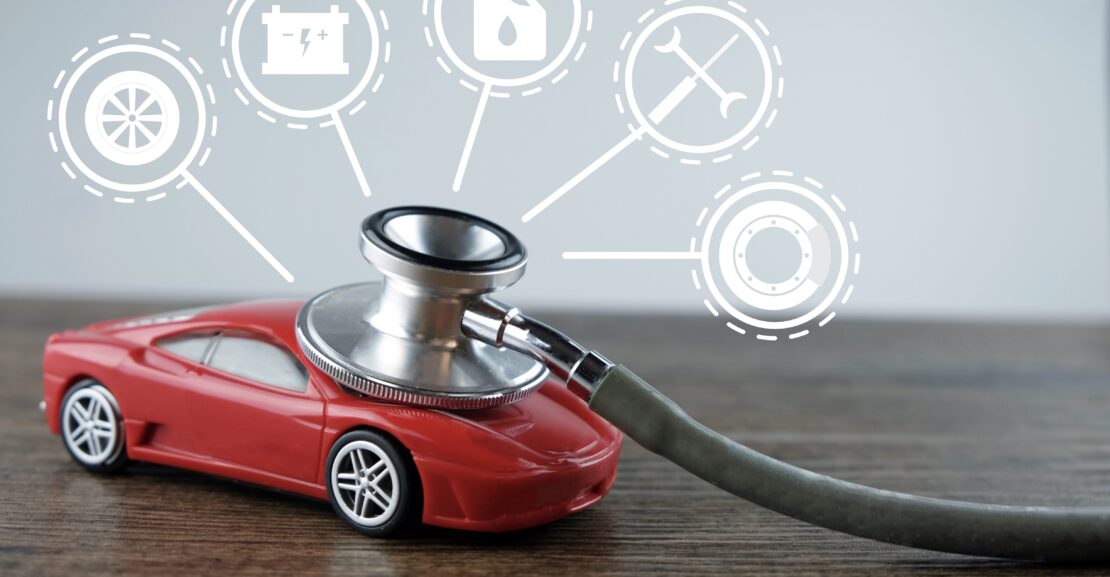As a driver, taking care of your car is crucial to ensure it remains safe and reliable on the road. Proper car maintenance can also help extend the lifespan of your vehicle and prevent costly repairs. In this article, we will provide you with some practical tips on how to maintain your car properly.
Regular Oil Changes
Regular oil changes are essential for keeping your car running smoothly. Oil lubricates the engine’s moving parts, reducing friction and preventing wear and tear. Over time, oil breaks down and becomes contaminated with dirt and debris, reducing its effectiveness.
It is recommended to change your car’s oil every 5,000 to 7,500 miles, depending on the manufacturer’s recommendation. Make sure to use the correct type of oil for your car, as specified in the owner’s manual.
Replace Air Filters
Air filters prevent dirt and debris from entering your car’s engine and can become clogged over time, reducing airflow and engine performance. It is recommended to replace your car’s air filter every 12,000 to 15,000 miles, depending on your driving conditions.
Check Tire Pressure
Proper tire pressure is essential for safe and efficient driving. Underinflated tires can increase fuel consumption, reduce traction, and increase the risk of a blowout. Overinflated tires can lead to uneven tire wear and reduced traction.
It is recommended to check your tire pressure regularly, at least once a month. Use a tire pressure gauge to ensure that your tires are inflated to the manufacturer’s recommended pressure, which can be found in the owner’s manual or on the driver’s side door jamb.
Maintain a Clean Interior
Maintaining a clean interior is not only good for your car’s appearance but also helps prevent wear and tear on your car’s interior components. Regularly vacuuming and wiping down surfaces can prevent dirt and debris from accumulating, which can lead to staining and damage over time.
It is also recommended to use a sunshade to protect your car’s interior from harmful UV rays, which can cause fading and cracking.
Check Fluid Levels
Your car’s various fluids, such as coolant, brake fluid, and power steering fluid, need to be checked regularly and topped off as needed. Low fluid levels can lead to engine damage or failure, brake failure, or power steering failure.
Check the owner’s manual for the recommended intervals for checking and replacing each fluid. Make sure to use the correct type of fluid for your car, as specified in the owner’s manual.
Conclusion
Proper car maintenance is essential for keeping your car running smoothly and safely. Regular oil changes, air filter replacements, tire pressure checks, interior cleaning, and fluid level checks are just some of the tips you can follow to maintain your car properly. By following these simple tips, you can help extend the lifespan of your car and prevent costly repairs in the future.

